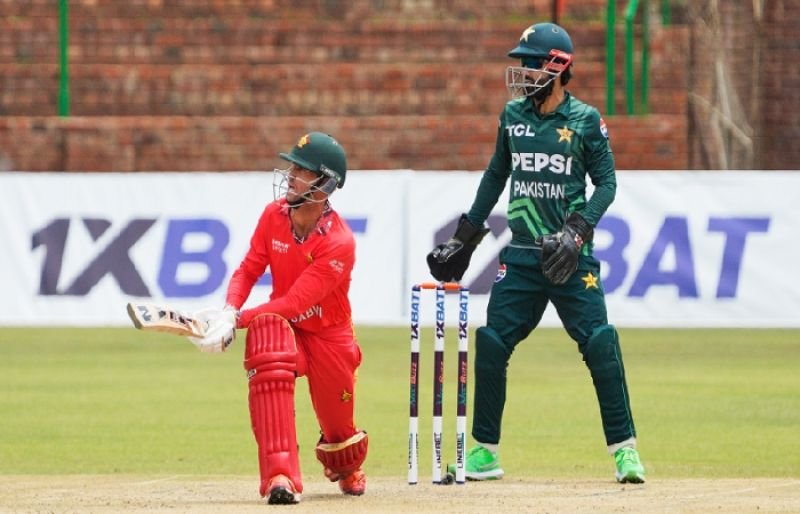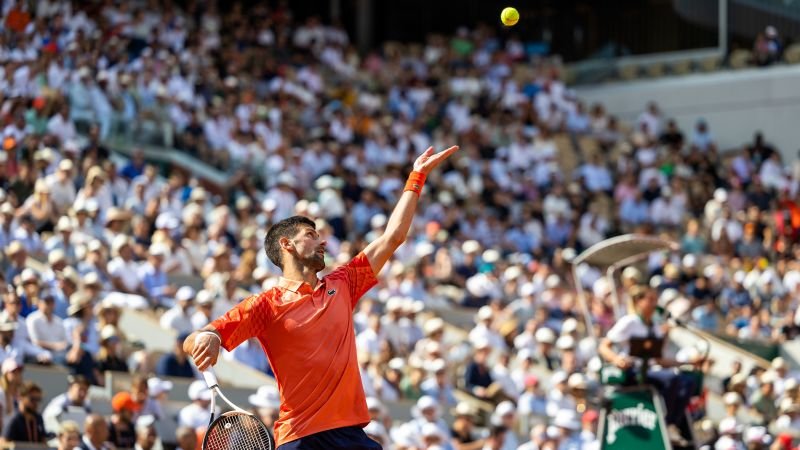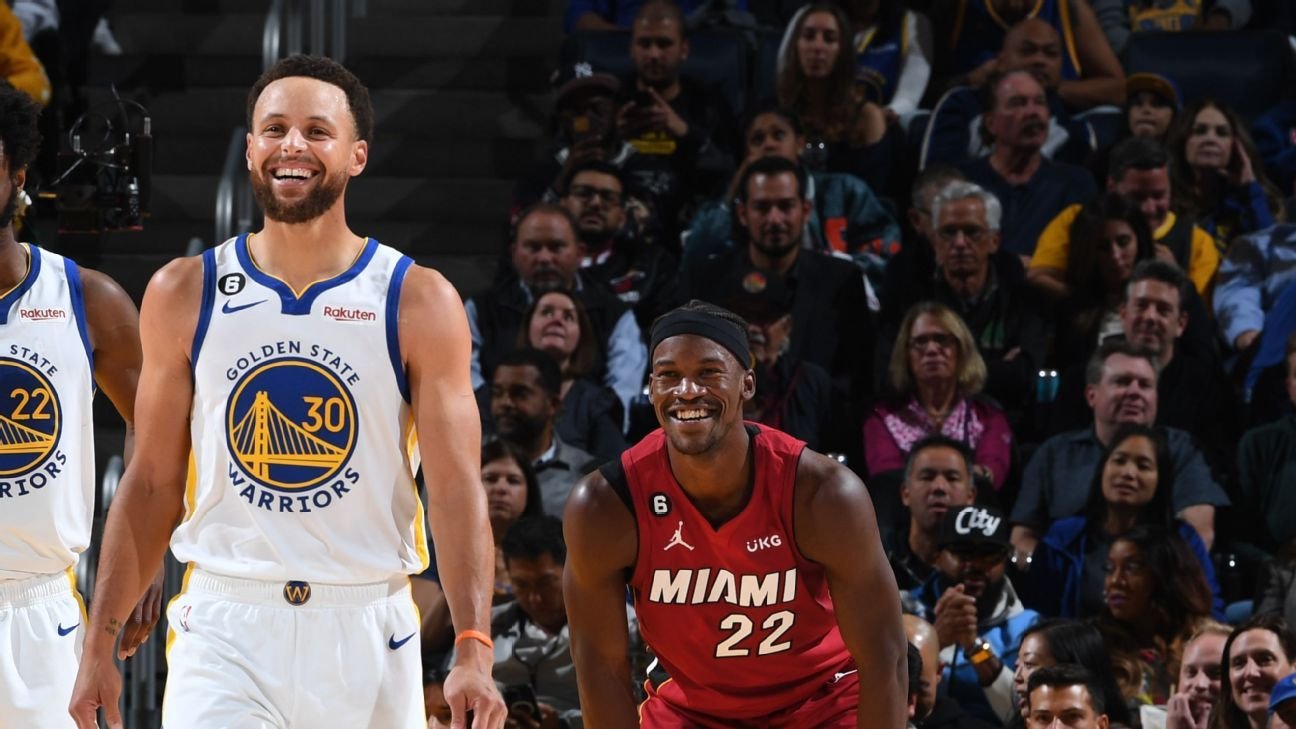A untouched NCAA switch rule will permit all undergraduate athletes to switch and play games instantly in the event that they meet particular instructional necessities, because the Section I Council on Wednesday authorized situation regulation introduced via the NCAA.
The verdict isn’t ultimate till the conferences finish on Thursday, and the guideline nonetheless must be officially authorized via the NCAA’s government board Monday, however this is anticipated to be a rituality. The guideline will grant instantly eligibility to any athletes who’ve transferred throughout the 2023-24 instructional past, together with the soccer gamers who entered the switch portal Tuesday and throughout this window — so long as they’re academically eligible and assembly progress-towards-degree necessities at their untouched college.
The regulation won’t prohibit the collection of instances an athlete can switch — and there are nonetheless two switch home windows — however they may be able to’t switch midyear and play games for a 2d college in the similar season. Despite the fact that the untouched rule is fasten to instructional growth, some in faculty athletics have expressed worry concerning the long-term implications for commencement charges.
“One of the questions we have to ask ourselves is, at what point does the degree still matter?” Oregon tutor Dan Lanning informed ESPN in a up to date interview. “I think it’s going to make it harder and harder if guys become multiyear transfer guys for them to actually have a college degree. If you graduate, there’s a lot of times it makes sense — change schools as many times as you want — if you graduate. But on the same note, if somebody’s changing schools three times, I’m wondering what their progress towards a degree really looks like. I think that’s something everyone should probably have some awareness of.”
Prior to now, the NCAA’s one-time switch rule allowed athletes to play games instantly on the first college they transferred to however they next had to sit down out a past in the event that they transferred once more — or follow to the NCAA for a waiver to compete instantly.
In December, the NCAA proposed this coverage in response to a West Virginia pass judgement on’s ruling meant to prohibit the group from imposing its bylaw barring athletes from moving a couple of instances and taking part in proper manner. The NCAA indubitably to phrases on a initial injunction that runs thru a minimum of the top of the instructional past.
In January, the U.S. Section of Justice joined the lawsuit towards the NCAA’s switch laws, a go well with that argues that the constraints on transfers violate antitrust regulation.
In line with the amended grievance for injunctive vacation, filed in January, the NCAA’s switch bylaw “unjustifiably restrains the ability of these college athletes to engage in the market for their labor as NCAA Division I college athletes.”
School soccer’s 15-day switch window is perceptible, and gamers have till April 30 to go into the portal. They don’t have to seek out their untouched colleges via next — and they may be able to make a choice to stay with their stream crew — however they have got 15 days to make a decision whether or not they need to switch.
“With these rule changes, NCAA members continue to prioritize long-term academic success for college athletes who transfer, while supporting their opportunity to compete immediately,” stated Lynda Tealer, Florida’s deputy athletics director and chair of the council. “We hope that this practical approach to transfer eligibility requirements will encourage student-athletes to make well-informed decisions about transferring and the impacts such a move could have on their ability to graduate on time in their degree of choice, particularly as it relates to transferable credits.”
The DI Council additionally moved ahead on regulation that might permit colleges to be extra actively inquisitive about securing sponsorship do business in for his or her athletes. Colleges may nonetheless indirectly pay athletes, however they may facilitate NIL alternatives between 3rd events and athletes.


